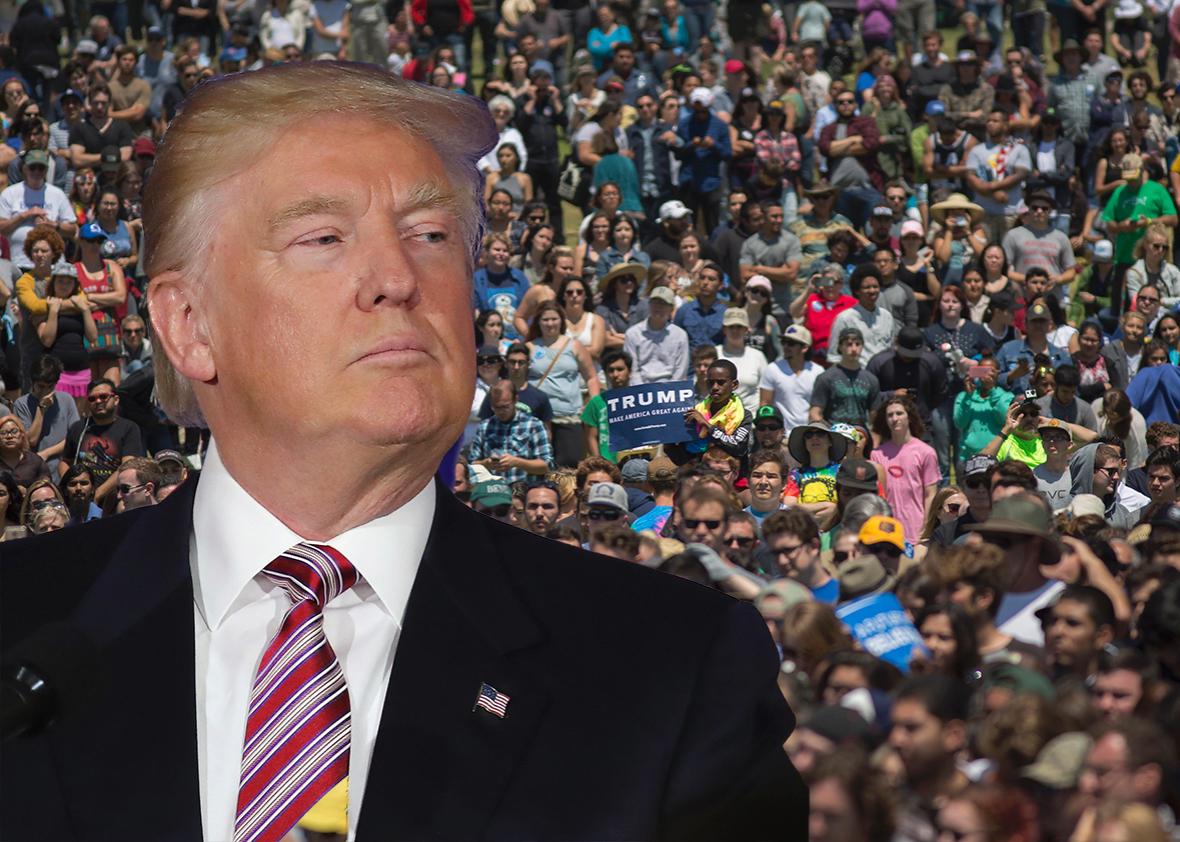Last month, the left-wing writer Freddie de Boer tweeted his desire to see a “liberal Democrat writer in the media … write a piece making a good faith effort to consider liberal attacks on the left.” The challenge stuck in my mind, because I’m aware of my own antipathy to many types of left-wing affect, and I often feel guilty about it and wonder if it’s a rationalization for my own smug complacency. (Liberals, unlike leftists, are given to neurotic questioning of their own motives.) After all, I would like to see America move toward Scandinavian-style social democracy, and that’s not going to happen without serious left-wing agitation. Why, then, does the left—that is, people who want revolution rather than reform—regularly infuriate me? I’m willing to stipulate that part of it is that leftists make me feel bad about my own bougie accommodation to the status quo. Another part, though, is that I recoil from a personality type—not uncommon in radical movements—that treats politics as a realm in which to enact revenge on society for its own alienation and to claim a starring role in history. That is, people like Christopher Ketcham.
On Wednesday, Ketcham published a piece in the Daily Beast titled “Anarchists For Trump—Let the Empire Burn.” Ketcham, who writes that he donated hundreds of dollars to Bernie Sanders, now plans to support Donald Trump in the general election. “What’s needed now in American politics is consternation, confusion, dissension, disorder, chaos—and crisis, with possible resolution—and a Trump presidency is the best chance for this true progress,” he writes. “This is a politics of arson. I’d rather see the empire burn to the ground under Trump, opening up at least the possibility of radical change, than cruise on autopilot under Clinton.”
This is a more forceful rendition of the argument that Susan Sarandon floated on MSNBC in March, when she said, “Some people feel that Donald Trump will bring the revolution immediately if he gets in, things will really explode.” It’s a jejune version of the Bolshevik slogan “The worse, the better,” which meant that deteriorating social conditions would radicalize the populace and empower the left.
A few seconds’ reflection is enough to realize that this isn’t how American politics work. When the right is in power, the political center of gravity moves right as well. Bill Clinton’s hated style of triangulation was a reaction to eight years of Ronald Reagan followed by four of George H.W. Bush, a period in which liberalism came to be seen as a massive electoral liability. During George W. Bush’s administration, the most visible left-wing counterweight was the Netroots, which was basically a movement of centrist Democrats. The left flourishes when Democrats are in power, raising people’s political expectations. The Bernie Sanders movement is possible because, for young people, the notion of a liberal, urbane black president is a starting point rather than a miracle.
Ketcham is, naturally, blithely uninterested in reckoning with the human cost of the political apocalypse he fantasizes about. There’s not a word in his piece about the immigrants who would be rounded up and put into detention camps under Trump’s plan, or the people of color who would be terrorized by a total breakdown in the norms that make even an imperfect multiethnic democracy possible. This is not surprising. What is surprising is that Ketcham, as well as the likeminded people he quotes, are so forthright about seeing politics purely in terms of personal catharsis. He cites an “editor of a major progressive website” who is a covert Trump supporter, and who says, “To the extent that voting for president matters at all, it is merely to give a certain secret pleasure to the voter in the privacy of the booth.”
You get the sense, reading the piece, that Ketcham thinks he’s shocking the bourgeoisie by opening a window into a nihilist demimonde. “Travelling across the country, I keep meeting people who voted for Sanders in the primaries but mutter under cover of night and a few drinks that they’ll vote for Trump in November,” he writes. “Friends out in the wildlands of the intermountain West, hard gun-toting anarchist redneck Amy Goodman progressives, say so. Big-city journalists, too. I suspect that the left-contrarian, anti-Hillary, pro-Trump arsonist crowd is larger and wider-spread than the cubicled creatures in the Clinton campaign have accounted for.” I have no idea if this is true. But insofar as it is, it confirms every stereotype that supercilious liberals have about self-styled radicals. I suspect that is why the Daily Beast published Ketcham’s piece in the first place. (Well, that and the clicks.)
I’m not interested in berating people who feel this way into changing their votes. Clinton can win without mobilizing the armed anarchist listeners of Democracy Now! People who believe that it would be “clarifying” if the “republic degenerates into tyranny,” as Ketcham does, probably should pull the lever for Trump; they are his natural constituency. I know these cosplay revolutionaries, to paraphrase Dave Weigel, don’t represent the real left. They’re certainly not the heroic people organizing fast-food workers or agitating to head off climate cataclysm. But a softer version of Ketcham’s sentiment is out there among the Bernie-or-Bust crowd; in March, the Guardian heard from 500 Sanders supporters who were considering voting for Trump over Clinton. It’s there, too, in the people on the left who are furious about the prospect of Elizabeth Warren joining Clinton’s ticket. Increasingly, a vocal part of the left is marked by its contempt for liberalism. The feeling is often mutual.
